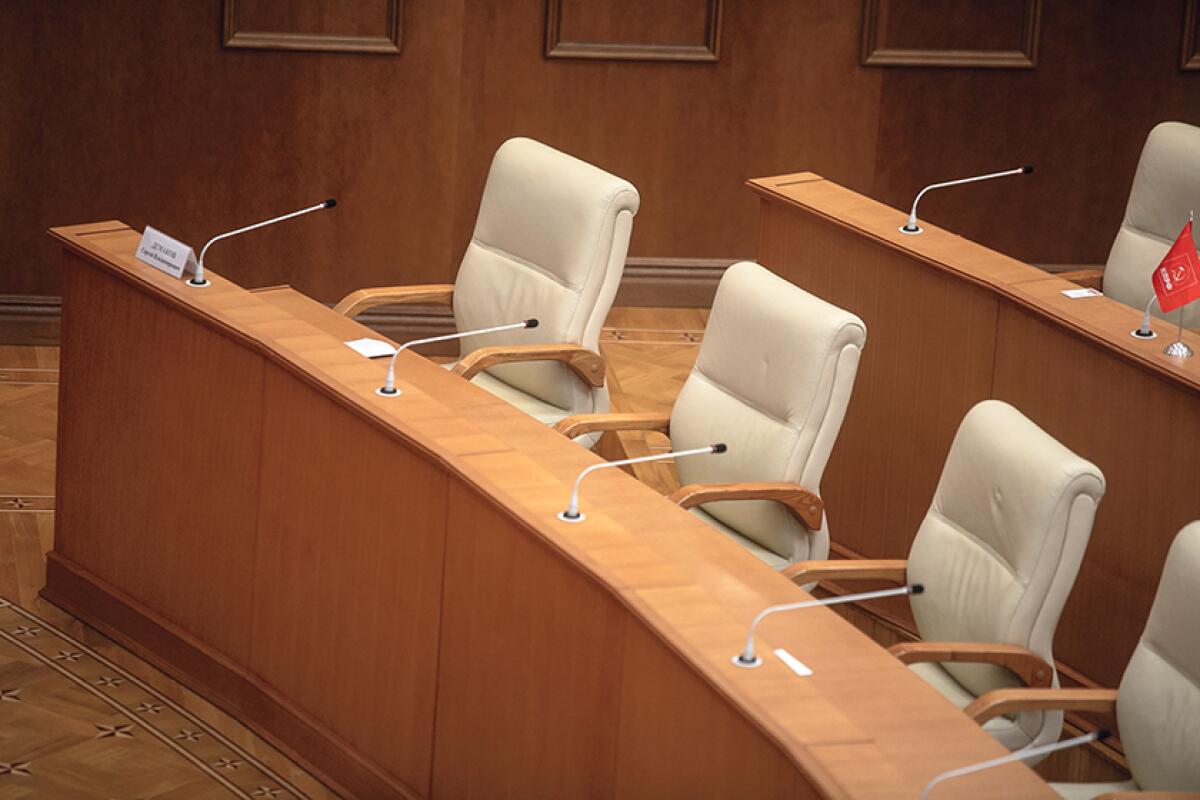State Bar Board of Trustees Accepts Amended Paraprofessional Recommendations

A Board-Established Working Group Offered Recommendations For New Legal Role to Address the State’s Justice Gap
- Share via
At their meeting on May 19-20 of this year, the State Bar Board of Trustees accepted final amendments to the recommendations of the California Paraprofessional Program Working Group (CPPWG).
“It has been an honor to chair this hardworking group, which demonstrated tremendous dedication and diligence on this access initiative,” said working group chair Justice Ioana Petrou of the California Court of Appeal, First Appellate District. “The CPPWG produced a final report that may need further adjustments, but it was clearly crafted to meet the goal of balancing meaningful public protection with a plan to address California’s justice gap.” Justice Petrou also thanked all who submitted comments on the proposal.
The Board established the working group in March 2020 to develop licensure and regulatory recommendations for a limited license in legal services. The 19-member group represented a broad range of relevant expertise, including consumer protection organizations, educators, regulatory specialists, and legal services professionals. The working group first met in April 2020, and over the course of nearly two dozen meetings of the full group and over 100 subcommittee meetings, shaped California’s first comprehensive proposal for a new licensed and regulated legal services professional.
Paraprofessionals would handle routine matters in specified practice areas, intended to support the vast majority of Californians who typically face these issues without legal help.
Following a robust public comment period that generated more than 2,000 comments, approximately 70% from attorneys, the working group adjusted their initial proposal, including:
• Eliminating the ability of paraprofessionals to jointly own a firm with attorneys
• Requiring paraprofessionals to provide detailed disclosures on practice limits and alternate resources, as well as contact information for legal services alternatives
• Excluding certain areas from paraprofessional practice, such as estate conservatorship and guardianship matters, and family law matters related to surrogate parentage
• Ensuring that no funding for the new program comes from funds used to support the State Bar’s discipline system
• Requiring the State Bar to provide annual public disclosure of all entities funding the paraprofessional program
The next step in moving the plan forward involves development of a proposal to be approved by the Board later this year for the California Supreme Court’s review. Upon the Court’s authorization, the State Bar would then submit the program to the Legislature for review and approval.
Request to extend deadline for Provisional Licensure Program
At the meeting, the Board also heard public comment from numerous members of the provisional licensure program for 2020 law school graduates expressing concerns about the upcoming June 1, 2022, program expiration date.
The original program, directed by the California Supreme Court in response to the pandemic, enabled 2020 law graduates to begin practice without taking a bar exam but required that they pass an exam before the program expired. The program enrolled 915 eligible 2020 law graduates as provisionally licensed lawyers. Of those, 619 have since been admitted to the State Bar as a result of sitting for and passing a bar exam, while another 57 left the program for other reasons. During the meeting, Board Chair Ruben Duran directed staff to make a formal request to the Supreme Court to consider extending the deadline for the program.
Learn more at calbar.ca.gov.